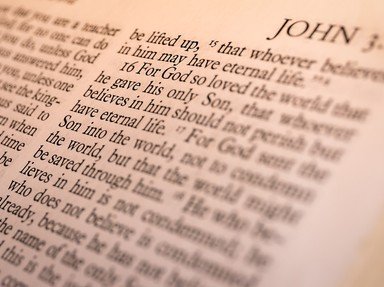Quiz Answer Key and Fun Facts
1. How does John introduce himself in both letters?
2. In 2 John, he is writing to "the chosen lady and her children". What do most people interpret this to mean?
3. In both letters he describes the recipients as having brought him great joy by doing what?
4. It appears that John is having to address an element of disorder within the church. He returns to a familiar theme - "Love one another" - but how does he define love on this occasion?
5. John warns the church against deceivers. What is the particular heresy that he attributes to these people?
6. How does John urge his readers to treat any visitors that do not bring "the teaching of Christ"?
7. John's third letter is addressed to Gaius, an individual whom John is clearly seeking to bring to his point of view. How does he describe Gaius in the introduction?
8. It appears, from 3 John, that John is having problems with a fellow church leader named Diotrephes. Which of these is NOT a fault that John attributes to him?
9. By contrast, John is full of praise for someone who shares a name with a silversmith that caused a riot in Ephesus when Paul was visiting. What is this name?
10. In both letters, John says that there is more to be said but doesn't want to do so in writing. Instead, how is he intending to communicate?
Source: Author
glendathecat
This quiz was reviewed by FunTrivia editor
CellarDoor before going online.
Any errors found in FunTrivia content are routinely corrected through our feedback system.

